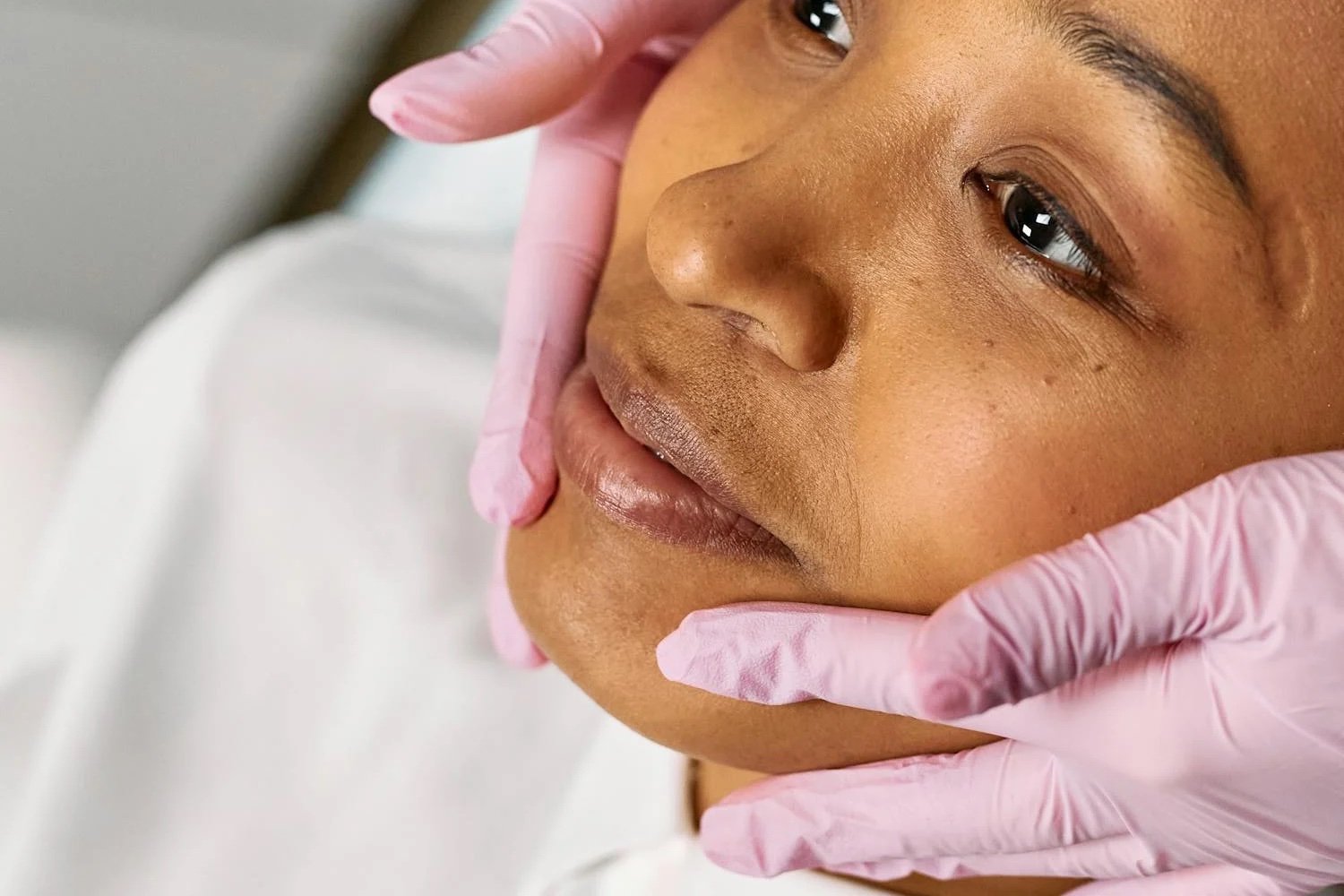
Eczema
What is Eczema?
Eczema, also known as atopic dermatitis, is a chronic skin condition that causes intense itching, redness, and inflammation. This uncomfortable and sometimes painful condition is often characterized by dry, scaly patches that can appear anywhere on the body but are most common on the face, hands, and feet. Eczema is especially prevalent in children but can affect people of all ages. The condition can make everyday life challenging by disrupting sleep and causing irritation. Although there is no cure, various treatments can help manage symptoms, improve skin appearance, and restore quality of life.
What are the Common Causes or Triggers of Eczema?
Eczema is a result of a complex interaction between genetic and environmental factors, leading to a weakened skin barrier and increased sensitivity. Some of the most common triggers of eczema include:
Irritants: Everyday products such as soaps, detergents, fragrances, and certain fabrics can irritate the skin, causing flare-ups.
Allergens: Pollen, dust mites, pet dander, and specific foods can trigger allergic reactions that worsen eczema symptoms.
Climate: Extreme temperatures (either too hot or too cold) and low humidity levels can dry out the skin, leading to increased itching and inflammation.
Stress: Emotional stress and anxiety can exacerbate eczema symptoms, highlighting the connection between skin health and mental well-being.
Hormonal changes: Fluctuations in hormone levels, such as those that occur during pregnancy or menstrual cycles, can trigger or worsen eczema.
How Do I Know if I Have Eczema or Psoriasis?
A commonly asked question is, “How do I know if I have eczema or psoriasis?” While these two skin conditions may look similar, they have some clear differences.
Eczema often appears as itchy, red, and inflamed patches that are typically dry and scaly. These patches can show up anywhere but are usually found on the face, inside the elbows, behind the knees, and on the hands and feet.
In contrast, psoriasis is characterized by thick, silvery scales covering raised red patches, primarily on the scalp, elbows, knees, and lower back. Psoriasis is often accompanied by a burning or stinging sensation rather than intense itching.
A key difference is that psoriasis patches tend to be thicker and more painful than eczema patches. While eczema is often triggered by environmental factors like irritants or allergens, psoriasis is primarily an autoimmune condition, causing rapid skin cell growth.
Recognizing these differences can help you identify whether you’re dealing with eczema or psoriasis. For an accurate diagnosis and personalized treatment plan, we can schedule a consultation to find the best approach for your skin’s needs.
Treatment Options at Image
Red and Near-Infrared (NIR) Light Therapy
Red and near-infrared (NIR) light therapy is a state-of-the-art, non-invasive treatment that uses low-level light wavelengths to deeply penetrate the skin. This therapy is particularly beneficial for managing eczema by calming inflammation and supporting cellular repair. It works by soothing irritated skin and reducing inflammation, which helps alleviate itching and redness associated with eczema. Beyond improving skin health, red and NIR light therapy enhances the skin barrier, offering protection against the potential damage from other treatments. With no downtime required, this gentle yet effective therapy provides a convenient way to manage eczema symptoms and promote healthier, more resilient skin.
Exosomes and Purasomes
Exosomes and Purasomes are innovative treatments for eczema that target inflammation and immune system activity. Exosomes, which act as cellular messengers, help regulate immune responses and reduce inflammation, potentially easing eczema symptoms. Purasomes complement this by delivering concentrated therapeutic agents directly to the skin, promoting healing and reducing irritation. While not the primary treatments for eczema, these advanced options can significantly alleviate redness and discomfort, making them valuable supplementary treatments in managing the condition.
Jet Plasma
Jet Plasma therapy is a non-invasive treatment that offers relief for eczema by using cold plasma technology to reduce inflammation, soothe irritation, and promote skin healing. This therapy works by producing ozone that interacts with the skin, stimulating collagen production and strengthening the skin’s natural barrier. Safe for all skin types, Jet Plasma helps calm redness and itching, improves skin texture and hydration, and minimizes the risk of future flare-ups, all without downtime.

